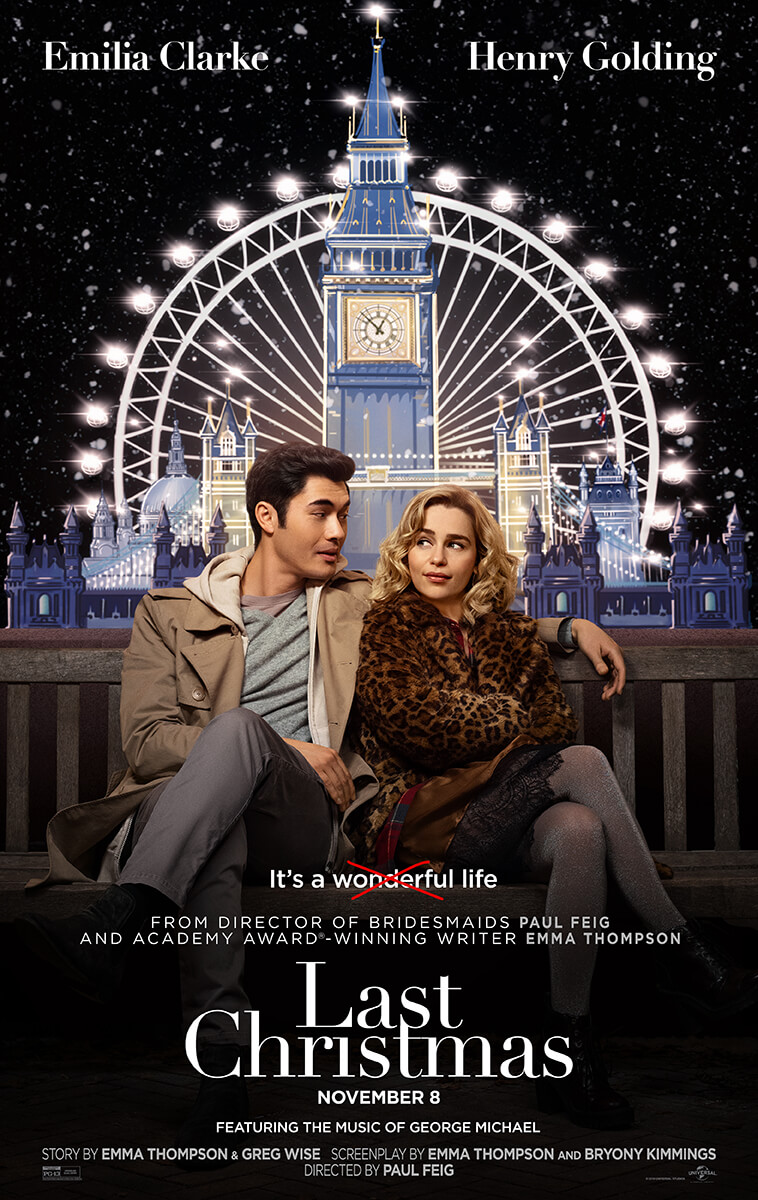
You are my sunshine, my only sunshine
You make me happy when skies are gray
Please don't take my sunshine away...
In no way is that sentiment true.
Not only are the characters weighed down by hard luck and loss, and the narrative by its searing desire to say something profound, but the movie and Makoto Shinkai, himself, are caught underneath the pop culture behemoth that is Your Name. The latter film was always going to be referenced. Its artistic and storytelling brilliance and its widespread commercial success were too big to ignore. The hope was that Shinkai would tell the story he wanted to tell and sweep the audiences off their feet with his unrivaled animation quality and talent (the animators at ComixWave deserve a lot of credit here, certainly more than this parenthesis).
That, unfortunately, did not happen. The film cannot be separated from Your Name in terms of its structure and Shinkai's conspicuous attempts to make the film breezier by trying to create a roguish set of main characters who try to work outside the system. He is not a natural crowd-pleaser and it shows.
What I cannot and will not criticize, however, are the film's artistic qualities. Tokyo feels so pulsatingly alive, captured in a way even a live-action movie could not equal. Shinkai and his animators continue to up the ante on the rest of the industry. The attention to detail is breathtaking, leaving us with a visual masterpiece. The fireworks scene...just wow.
Ah, if only the story was even a few notches below this, we're talking about another all-time classic, but it wasn't. The story and the characters left much to be desired. The former, in many ways, is a slight adjustment to the ingredients that made Your Name so successful: boy meets girl with younger outspoken sibling, rural vs. urban, a supernatural connection, romance, death, reversal, and, yes, boob jokes. Structurally, the plot is a little more streamlined, but the framework is essentially the same.
The boob jokes may have worked in Your Name because they weren't a crass way to appeal to adolescent sexuality. Here, they fall in line with one of anime's worst instincts, the cynical belief that teenage boys are the primary audience and will only watch if the female characters are objectified. This is where Miyazaki, Takahata, and Studio Ghibli in general, along with Mamoru Hosoda, differ from the crowd. You'd think Shinkai would know better.
Puzzling me the most is the rationale behind the characters. I don't understand why they have to be the people they are, especially the main character, Hodaka. His status as a runaway who fled his more parochial hometown because it was "suffocating" does nothing for the story.
What we are left with is a true technical and artistic marvel matched with a mediocre story. Sadness.

